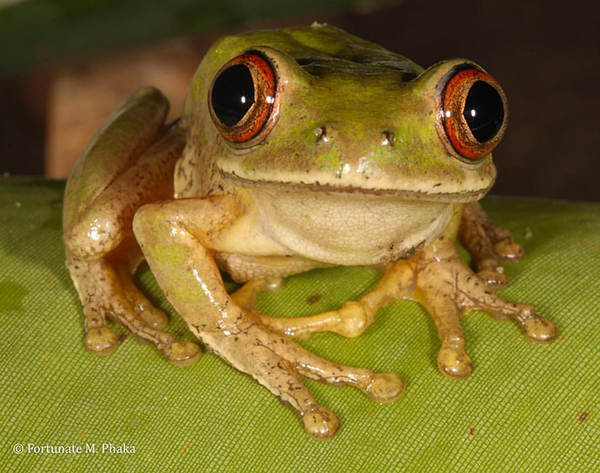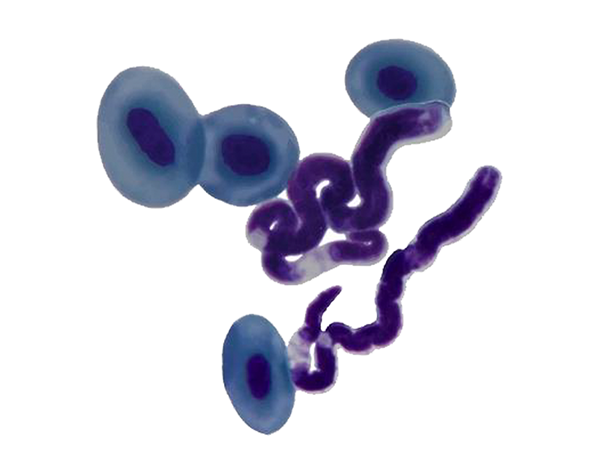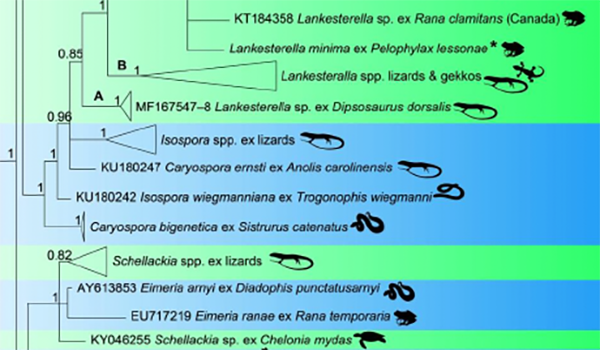
Main focus areas
Biodiversity monitoring

We are continuously surveying and monitoring southern African frog species through passive acoustic recording devices and field trips. The updated occurrence records we generate are important for conservation planning.
Parasitology

Parasitology helps improve understanding of the organisms associated with frogs and reptiles and can detect if parasites have negative impacts on frog and reptile species. Parasites also help us understand frog habitat quality.
Taxonomy

Our research team members have described several new species of frogs and parasites, and they are constantly contributing to updating classification of these organisms according to their evolutionary relationships.
Ethnoherpetology

We have recently started researching frog and reptile based cultural practices in South Africa to understand their impacts for both people and wildlife. Outputs of this research inform socially inclusive conservation policy.
